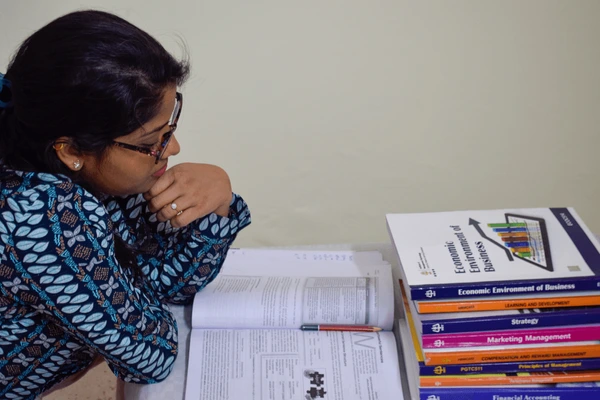
22 September, 2025
Learn practical strategies on how to score 95 plus in CBSE board exams with proven study habits, expert tips, and guidance from a reputed coaching center.
Scoring above 95 in CBSE board exams is a dream for many students, but with the right strategy, discipline, and mindset, it’s absolutely achievable. The key is not just working hard, but working smart. Students who consistently secure top marks don’t necessarily study all day—they know how to structure their preparation, manage their time, and focus on what matters most.
Achieving above 95 isn’t just about grades; it helps in:
The journey may seem challenging, but the process teaches students discipline, time management, and resilience—skills valuable for life beyond school.

Many students start preparing without fully analyzing the syllabus. Always:
A plan helps maintain balance and avoids last-minute stress. Keep in mind:
NCERT is the backbone of CBSE board exams. Ensure:
Good handwriting and presentation can fetch extra marks.
Revision should be consistent, not last-minute. Try:

Instead of passively reading, actively engage with the content:
Don’t postpone weak subjects until the end. Begin early and:
These are essential for understanding the exam pattern:
Scoring high isn’t just about academics—your lifestyle matters.
While self-study forms the backbone of preparation, structured guidance can make a significant difference. Experienced mentors and reputed coaching institutes ensure:
Acharya Dronacharya Classes, widely recognized as the Best Commerce Class in Jaipur, has helped countless students achieve exceptional results by blending traditional learning with modern teaching methods.

Q1. How early should I start preparing for CBSE board exams?
Ideally, start serious preparation at least 6–8 months before the exams for consistent results.
Q2. Can I score above 95 without coaching?
Yes, but coaching helps with structured study material, expert guidance, and regular assessments.
Q3. How many hours should I study daily to score 95 plus?
Quality matters more than quantity. Around 5–6 focused hours with consistency is enough.
Q4. Is solving sample papers necessary?
Absolutely. It helps in time management, understanding question patterns, and reducing exam fear.
Q5. What is more important, revision or learning new topics?
Both are important, but effective revision ensures retention and better performance.
Scoring above 95 in CBSE board exams is not a distant dream. With consistent effort, disciplined study, and the right guidance, any student can achieve it. Remember, success is not just about marks—it’s about building strong concepts, confidence, and resilience.
Your effort today lays the foundation for tomorrow’s opportunities.

27 January, 2026

24 January, 2026

21 January, 2026

16 January, 2026

8 January, 2026

31 December, 2025